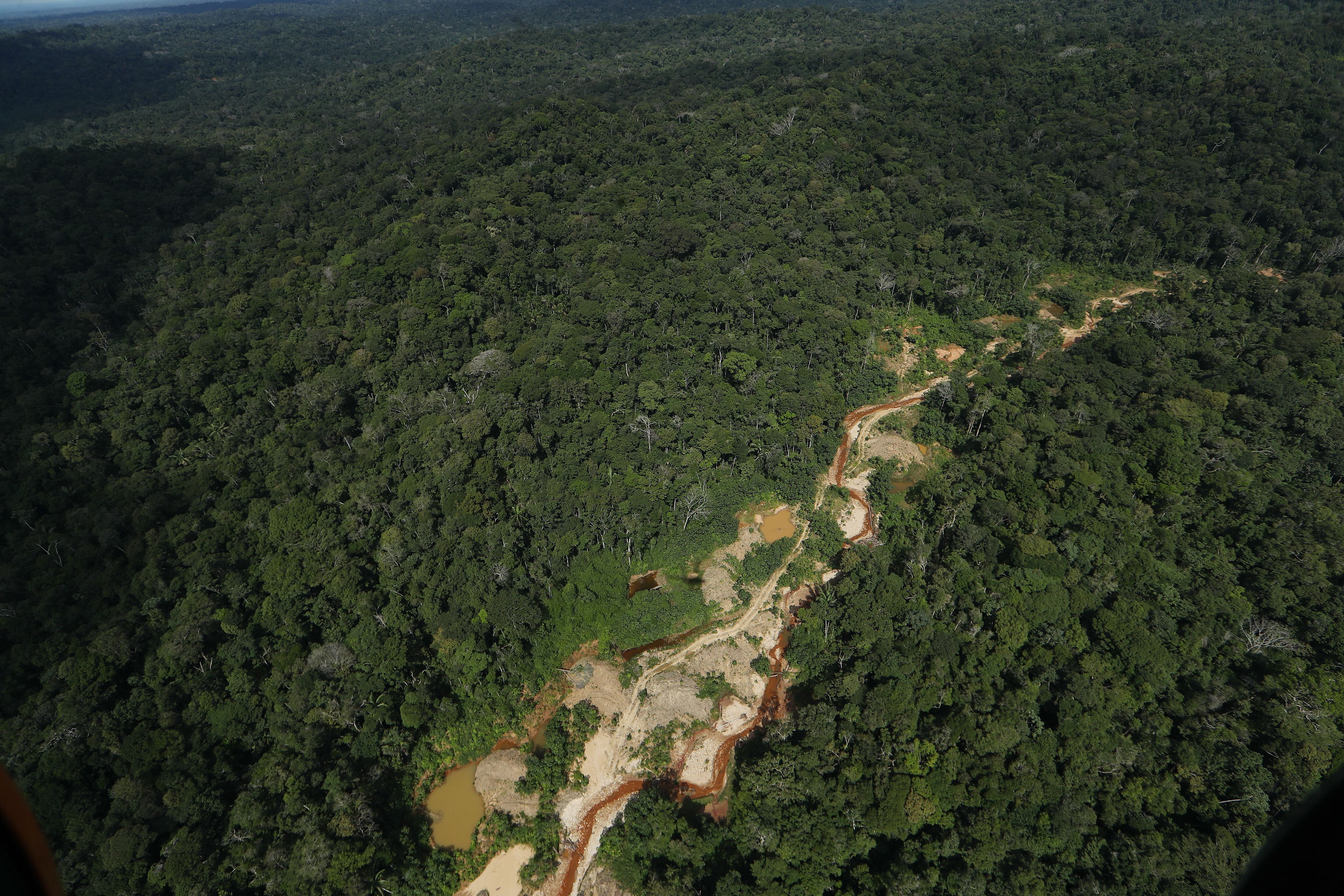
He Inter-American Development Bank (IDB) will triple to $150 billion over the next ten years the financing for resilience and mitigation projects aimed at dealing with the climate crises in Latin America and the Caribbean.
The president of IDBIlan Goldfajn, announced in an interview with EFE that this is the commitment that the multilateral entity brings to the COP28 Climate Summitwhich began this Thursday in Dubai (United Arab Emirates) and which the executive attends.
Goldfajn specified that this is an objective in line with the G20 recommendations of tripling climate finance and urged “all” participants in the Conference of the Parties to the United Nations Framework Convention on Climate Change. Climate Change (COP28) to do the same.
He Cluster IDB It is thus proposed to increase climate financing for Latin America and the Caribbeanexpand work on global public goods – such as Amazon-, catalyze the participation of the private sector and develop new financial instruments to be able to mobilize more capital towards climate action.
The Brazilian manager recalled that In the last ten years the IDB invested 50 billion dollars in the climatewhich is one of its priorities along with issues of poverty, inequality, growth, productivity and infrastructure.
He mentioned as examples of latent threats the hurricanes in the Caribbean, which “are becoming more frequent and stronger,” the need to adapt to this situation with better infrastructure and housing, or the drought in Uruguay and the floods in Brazil, as was the case. case of those that occurred in Recife.
“But we are also going to help finance climate change, help for the energy transition,” said Goldfajn about one of the pillars of the climate summit.
”I think what is happening is that everyone has a notion that the energy transition must be made,” he said about the general disposition of the sectors participating in the world forum.
”It is clear to all sides that what needs to be done is to have energy on a scale that works for the world and that that energy now has to be clean,” he added.
The president of IDB emphasized that the COP28 “It clearly has its objectives”, among which are also the increase in commitments to reduce emissions and the elimination – not just reduction – of fossil fuels.
Goldfajn was also convinced that there is already a better understanding between the environmental and economic sectors, pointing out that “without having a sustainable world, you do not have a sustainable economy.” For the president of the IDBin Dubai you have to think about “scale and impact”.
The scale is the tripling of resources because “it is what is needed”, but we must be sure, in his opinion, that what is tripled has an impact.”What is the Amazon really going to defend? What is going to change the energy matrix of the countries? We must be much more sure of what we are investing in,” he emphasized.
Crucial defense of the Amazon
The Amazonaccording to the multilateral entity, is essential for the Cluster IDB on climate and biodiversity, and is well positioned to offer solutions to the global challenges of the climate change.
He recalled the important participation of renewable energies in its energy matrix and the abundance of mineral reserves crucial for the green transition of the Amazon rainforest, considered the world’s carbon sink.
Through Amazonía Siempre, a holistic umbrella program aimed at protecting the region’s natural wealth and accelerating its sustainable development, the IDB Group is committing up to 5 billion dollars in financing for the area in the next decade for sustainable development projects, leveraging multi-stakeholder and country partnerships and financing.
In 2024 the IDB will assume the presidency of the Groups of Multilateral Development Banks (MDB) and Heads of Regional Development Banks (BRD), which according to the entity are fundamental to meet the G20 objective of reviewing the global financial architecture to adequately address the climate change.
For Goldfajn, the priority is to make the MDBs work better as a system, harmonizing rules and processes, including the continued coordination of climate and nature projects.
Source: Gestion
Ricardo is a renowned author and journalist, known for his exceptional writing on top-news stories. He currently works as a writer at the 247 News Agency, where he is known for his ability to deliver breaking news and insightful analysis on the most pressing issues of the day.












